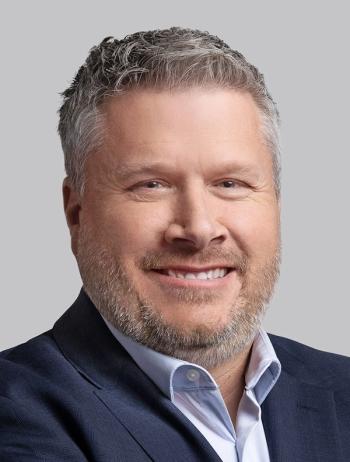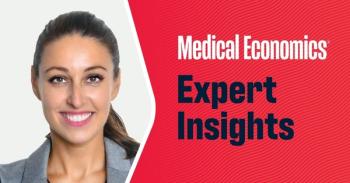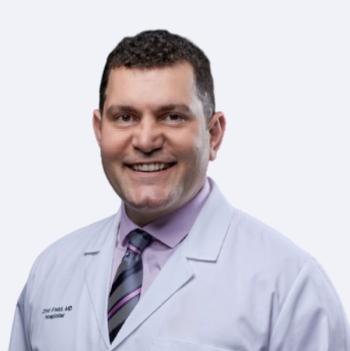
Stop suggesting physicians are ‘bought’ through pharma gifts
Seeing a dollar amount next to a physician’s name without context is a dangerous practice
Every few months, another study is released with the same general theme: Gifts from pharmaceutical companies compel docs to prescribe more costly drugs.
RELATED READING:
Last June, it was JAMA Internal Medicine suggesting that a single meal swayed
In a study published in the journal PLOS One, 2,873 Medicare Part D prescribers in the nation’s capital were analyzed based on their prescribing habits. The study found that 39% of the docs received gifts from pharmaceutical representatives in 2013-ranging from meals to ownership interest in products.
These physicians wrote 2.3 more prescriptions per patient claim, prescribed $450 more in medications per claim and prescribed 7.8% more branded drugs compared with those who did not receive a gift. The study also cited internal medicine and family medicine as two of the specialties most associated with significantly increased average cost of prescription claims.
And, thanks to the Centers for Medicare & Medicaid Services’ Open Payment Program, information about monetary gifts to physicians is now available to the public. I’ve written before how seeing a dollar amount next to a physician’s name without context is a dangerous practice, and this study is a key example of that shortcoming.
TRENDING ON OUR SITE:
Yes, pharma pays docs to speak on various issues. Yes, pharma reps take physicians and their staff to lunch or bring lunch into the practice to get in front of healthcare professionals. And yes, representatives pay for physician feedback on products.
But to simply claim that “gift equals increased prescriptions” is not only disingenuous, it’s offensive to all doctors throughout the U.S. (not only those based in D.C.) And it is just unnecessary information to share with patients without explaining more of the details of these exchanges, which is simply not available in every case.
Many physicians use “lunch and learns” to learn about new drugs that could help their patients and-perhaps not shockingly-once they get that information, they are prone to prescribe these drugs. It is the education, not the gift of a meal or round of golf that drives the behavior.
HOT TOPIC:
The study’s senior author, a physician herself, offers this advice to patients via the New York Times: “You shouldn’t see doctors who see drug reps.”
Physicians will do what is best for their patients. It’s time that studies like this start putting some facts behind their inflammatory research.
Keith L. Martin is editorial director of Medical Economics. Do you think prescribing habits are influenced by pharma gifts? Tell us at [email protected].
Newsletter
Stay informed and empowered with Medical Economics enewsletter, delivering expert insights, financial strategies, practice management tips and technology trends — tailored for today’s physicians.






